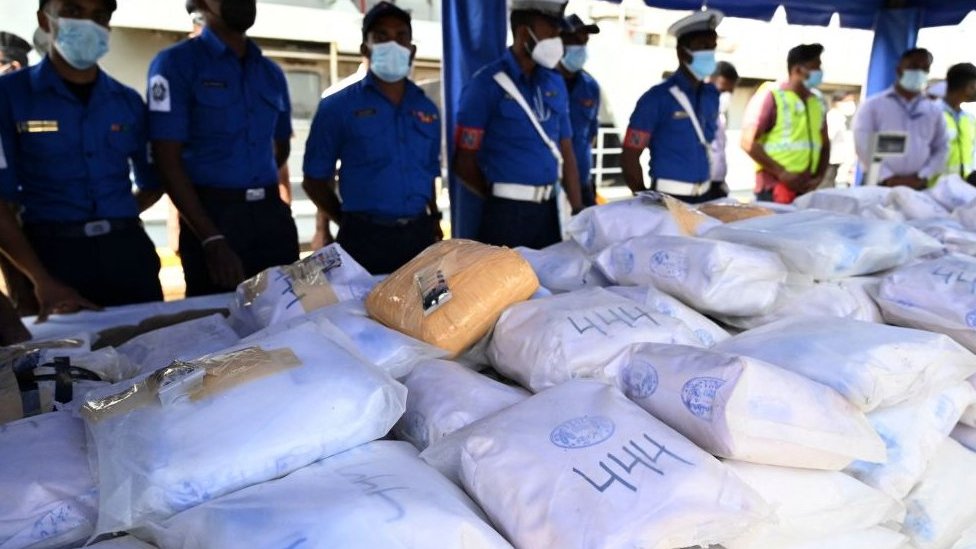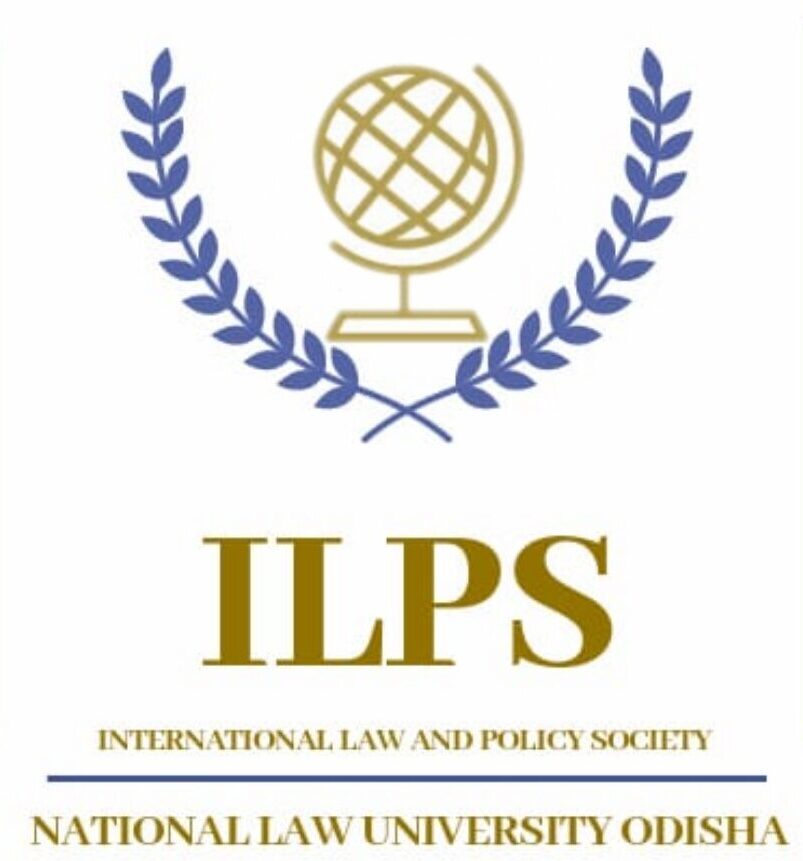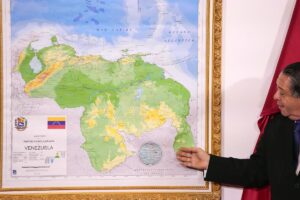
Written by Lakshya Haritwal, Mrinalini and Arunima Singh
What is happening in Sri Lanka?
In response to the escalating narcotics issue in Sri Lanka, the government-initiated Operation Yukthiya on December 17. Crafted by Public Security Minister, the operation sets out to combat drug-related activities and apprehend dealers by its deadline of 30th June. After the initial boost from the side of the government, the operation faced mounting criticism for its heavy-handed tactics, resulting in the detention of approximately 29,000 individuals without warrants and allegations surfaced, citing abuses, torture, and a denial of due process within the operation.
This controversy drew the attention of the UN Human Rights body, with High Commissioner Volker Turk expressing profound concerns over Sri Lanka’s reliance on a security-centric approach. Turk urged a paradigm shift towards human rights-based public health policies. The OHCHR statement highlighted alarming details, such as unauthorized searches, arbitrary arrests, torture, and strip searches during Operation Yukthiya. The UN called for thorough investigations into these allegations and a re-evaluation of the operation with a heightened focus on human rights. Notably, the UN had previously recommended effective drug policies, including considerations for decriminalization in 2023.
Amidst these developments, Sri Lanka’s Human Rights Commission received a multitude of complaints related to torture and arbitrary arrests tied to Yukthiya. In a stark challenge to the operation’s title as a symbol of justice, the HRCSL contended that the reported widespread injustice associated with Yukthiya contradicted its intended purpose of combatting drug menace in the state. This interconnected series of events underscores the pressing need for a balanced and human rights-centered strategy in addressing the intricate challenges posed by narcotics in Sri Lanka.
Single Convention on Narcotic Drugs of 1961
The Single Convention on Narcotic Drugs, adopted in 1961, stands as a landmark international treaty aimed at establishing effective control over the production, distribution, and use of narcotic substances. Its primary goal is to combat the abuse and trafficking of such drugs globally. Recognizing the need for a coordinated effort, the Convention established a comprehensive framework for the regulation of narcotic substances, categorizing them into schedules based on their medical utility and potential for abuse.
In 1972, a protocol was added to the Convention to address emerging challenges and refine its provisions. Sri Lanka, on June 29, 1981, became a participant in the Convention, having ratified the 1972 protocol. The country’s inclusion in the treaty was marked by its commitment to adhering to the international standards set by the Convention and the protocol.
Convention on Psychotropic Substances, 1971
The Convention on Psychotropic Substances of 1971 is an international treaty established to regulate the production, distribution, and use of psychoactive substances that have the potential for abuse and dependence. This treaty, adopted in Vienna, Austria, on February 21, 1971, and enforced since August 16, 1976, was developed under the auspices of the United Nations to address global concerns regarding the misuse of psychotropic drugs.
The key provisions of the Convention include the regulation of production, distribution, and possession of psychotropic substances, the establishment of national control measures to monitor their legitimate use, and requirements for licensing, record-keeping, and reporting by entities involved in their handling. Furthermore, the Convention emphasizes international cooperation in combating the illicit trafficking of psychotropic substances, provisions for scientific research and medical use under strict controls, and measures to prevent the diversion of controlled substances into the illicit market.
UN Convention against Illicit Traffic in Narcotic Drugs and Psychotropic Substances of 1988
The UN Convention against Illicit Traffic in Narcotic Drugs and Psychotropic Substances of 1988 is an international agreement aimed at combating the illicit drug trade. Adopted by the United Nations General Assembly in 1988, this treaty seeks to strengthen international cooperation in preventing and controlling the production, trafficking, and distribution of illicit drugs worldwide.
Key provisions of this convention include measures to suppress drug trafficking and money laundering, enhance international cooperation in law enforcement efforts, and promote alternative development programs to reduce illicit drug cultivation. The convention also emphasizes the importance of extradition and legal cooperation among states to prosecute drug-related offenses. Furthermore, the convention encourages member states to take comprehensive measures to prevent drug abuse, including education, treatment, rehabilitation, and social reintegration programs.
Article 14, paragraph 2 of this Convention states that “Each Party shall take appropriate measures to prevent illicit cultivation of and to eradicate plants containing narcotic or psychotropic substances, such as opium poppy, coca bush and cannabis plants, cultivated illicitly in its territory. The measures adopted shall respect fundamental human rights and shall take due account of traditional licit uses, where there is historic evidence of such use, as well as the protection of the environment.” Sri Lanka ratified this convention on 6 June 1991.
Sri Lanka’s ratification to all these conventions signifies a commitment to international efforts against drug-related issues. However, criticism arises regarding the practical implementation and effectiveness of these commitments. Concerns include potential gaps in domestic policies and enforcement, the scrutiny of collaboration with other nations in countering the global drug trade, and the need to assess the actual impact on reducing drug abuse and trafficking within Sri Lanka. A critical examination is essential to determine the country’s genuine dedication and effectiveness in aligning with international norms on narcotics control.
What recourse does international law provide in such situations?
International conventions are treaties signed between two or more nations. They derive their authority and obligatory nature from the customary law principle that agreements must be adhered to. Hence, they become legally enforceable once ratified by states. The 1988 Convention was ratified by Sri Lanka as mentioned before. In light of this, can the state of Sri Lanka be held accountable for violating Article 14 of the 1988 Convention? A broader question we will also look at is to what extent can human rights violations by states themselves be remedied by international law?
As stated previously, paragraph 2 of Article 14 of the 1988 Convention states that each country should take steps to prevent illicit cultivation and demand of narcotic plants. Such measures shall respect fundamental human rights. In Article 24 of the same convention however, it is stated that “A Party may adopt more strict or severe measures than those provided by this Convention if, in its opinion, such measures are desirable or necessary for the prevention or suppression of illicit traffic.” This provision more or less saves Sri Lanka, or any other ratifying state from any liability which it may have otherwise have to bear.
What remedy does international law provide for human rights violations then? Article 2(7) of the UN Charter reflects the fundamental principle of international law, which asserts that states have no right to infringe onto the territory of other states’ internal affairs. This rule emerges from the respect for the equality and sovereignty of states. However to ensure that governments may no longer argue that this criterion prevents international concern and consideration of internal human rights conditions, it has, undergone a process of reinterpretation in the human rights sector. But firstly, domestic remedies present must be exhausted. It is a well-established technique in general international law that allows states to resolve internal issues in line with their own constitutional processes before calling upon recognized international organizations. It is pertinent however that the existence of domestic remedies is practical and not only in theory. Certain human rights have become customary international law due to state practice, examples of which are prohibition of torture, genocide, etc. Certain other areas of human rights are rapidly evolving, the European Convention on Human Rights case-law, the Human Rights Committee’s approach under the International Covenant on Civil and Political Rights, and the International Court of Justice judgments all demonstrate how increasingly extraterritorially human rights are being applied. Also the duty of states to stop violations of human rights is starting to be taken seriously, especially in the cases of genocide and torture. More broadly, however, the obligation of states and other entities, like international organizations, to actively defend human rights is starting to be included in the agenda of international human rights law. There is also a growing public interest in national human rights organizations.
Sri Lanka can be held accountable for its actions against its population in international law. International treaties like the Universal Declaration of Human Rights and the International Covenant on Civil and Political Rights, both of which Sri Lanka is a ratifying state to establish standards that states are expected to uphold. States can be held accountable through international courts and tribunals then. Furthermore, as we have also seen in this case, international organizations such as the United Nations (UN) play a crucial role in monitoring human rights situations globally and conducting investigations into violations. Further, the UN Human Rights Council investigates allegations of human rights abuses and can recommend actions to address them. If the situation become more serious, diplomatic pressure, economic sanctions, and targeted measures against individuals or states can be imposed by the international community to encourage compliance with human rights standards. It would be wrong not to mention the role non-governmental organizations (NGOs) and civil society play in advocating for human rights, raising awareness, documenting abuses, and pressuring governments to take action. Addressing human rights violations requires a multi-faceted approach involving international legal frameworks, diplomatic efforts, and civil society engagement to ensure accountability and protection for all individuals.


